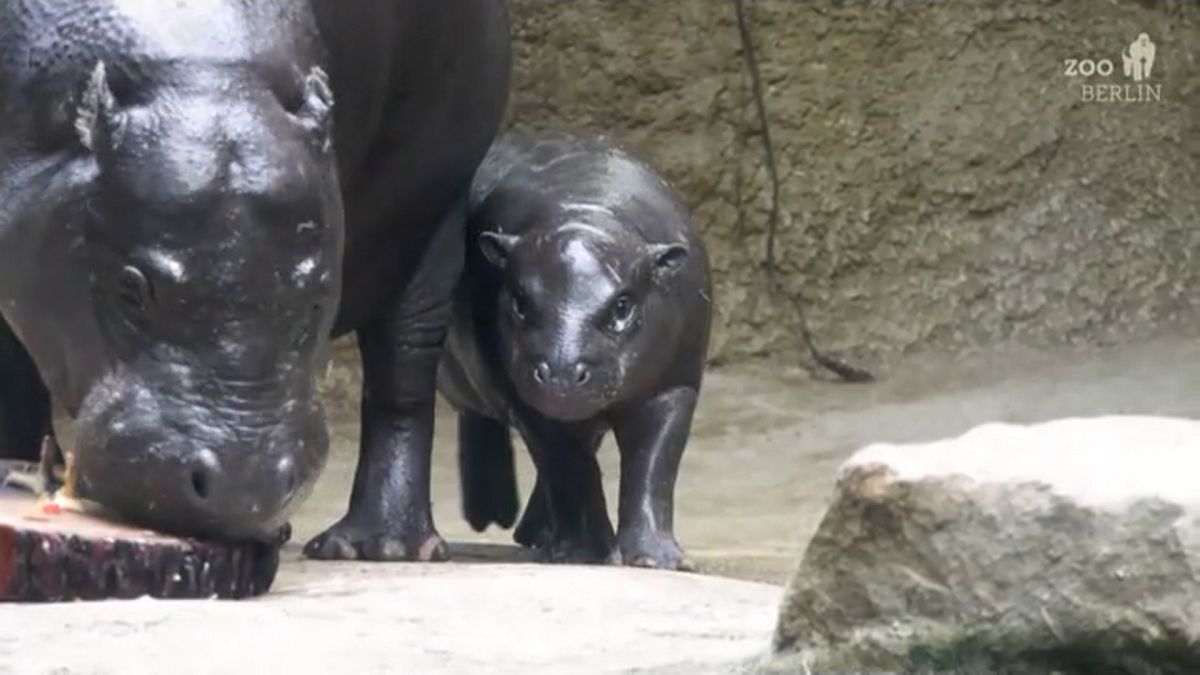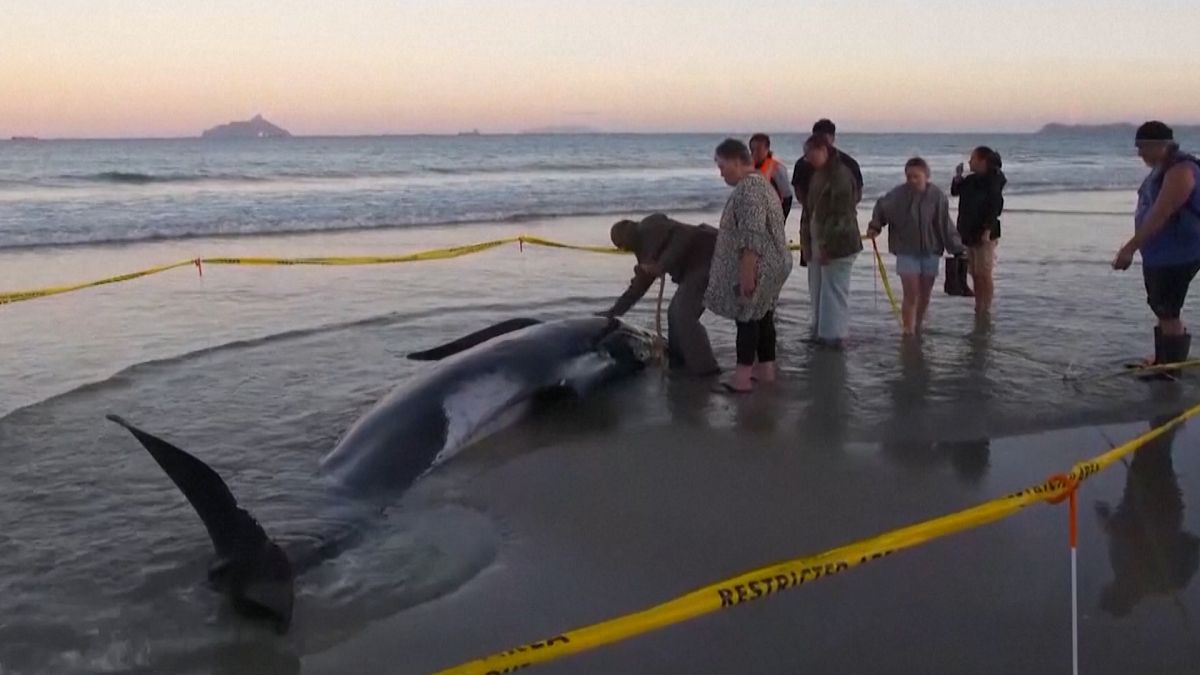Poland’s role in shaping Europe’s energy transition and competitiveness
During a tumultuous yet transformative time, PKEE seeks to drive a cleaner, more prosperous and resilient region
On Dec. 9th, the Polish Electricity Association (PKEE) organized the PKEE Energy Day 2024 event in Brussels, which brought together energy sector leaders, EU officials and policymakers to discuss Europe’s energy transformation. With energy security, the transition and economic competitiveness as central themes, the event highlighted Poland’s upcoming presidency of the Council of the European Union and its role in addressing energy challenges during a pivotal time for Europe.
Poland’s presidency comes amid the ongoing war in Ukraine, ambitious EU climate targets, and the need to secure affordable energy. Polish officials outlined priorities focusing on energy security, industrial competitiveness, and advancing the EU’s clean and just energy transition. Dariusz Marzec, president of PKEE and CEO of PGE, emphasized the moment’s significance — stating that the energy transformation is not only about achieving climate goals, but also ensuring a competitive economy and benefits for citizens. Marzec highlighted investments in offshore wind farms, grid modernization and energy storage as critical pillars for strengthening energy security in Poland.
Polish officials outlined priorities focusing on energy security, industrial competitiveness, and advancing the EU’s clean and just energy transition.
Poland’s energy policy legacy
So far, and despite its decarbonization challenges, Poland has proactively shaped EU energy policy. Notably, Prime Minister Donald Tusk proposed the “Energy Union” in 2014 to strengthen energy security, reduce reliance on Russian energy and promote joint gas purchases. These ideas influenced the 2022 REPowerEU Plan.
Poland also contributed to establishing financial mechanisms supporting the energy transition, such as the EU’s Modernization Fund and the Just Transition Fund, aiding coal-dependent regions. Collaboration with the European Commission has helped fund key energy infrastructure, including interconnectors across Central and Eastern Europe (CEE). Currently, Poland is advancing offshore wind projects, positioning itself as a regional leader alongside Baltic states. These initiatives integrate supply chains, foster innovation, and promote cooperation.

Ensuring energy security during crisis
During PKEE Energy Day 2024, Paulina Hennig-Kloska, Poland’s minister of climate and environment, stressed that Poland’s presidency will prioritize energy security while pursuing climate objectives. She emphasized investments in renewable energy, energy storage technologies and grid modernization. A top priority for Poland’s presidency will be delivering the REPowerEU goal to phase out the EU’s reliance on Russian fossil fuels. It would be worthwhile for this phase out to be permanent and integrated into the EU’s climate and energy security policies. Lessons learned from Russia’s war in Ukraine must drive long-term resilience and independence in Europe’s energy systems. Ditte Juul Jorgensen, director-general for energy at the European Commission, underscored the importance of collaboration: “The Polish presidency will play a key role in safeguarding energy security while ensuring a fair transition for all EU member states.” Nicola Pochettino from the European Investment Bank stressed the need to reduce energy costs while supporting climate goals, indicating that a just transition must benefit all citizens and regions.
A competitive industrial strategy
Europe’s energy sector plays a vital role in decarbonizing industry, promoting electrification and ensuring competitive energy prices. However, challenges remain. High energy costs continue to hinder European businesses, with electricity prices in 2023 still 80% higher than in the US and 55% higher than in China. These disparities threaten the EU’s industrial competitiveness. Poland’s presidency aims to strengthen European industry’s competitiveness, supported by proposals like the Clean Industrial Deal, which seeks to lower energy costs and support clean energy. Marzena Czarnecka, Poland’s minister of industry, stressed the importance of competitiveness on Poland’s agenda. Jakub Jaworowski, minister of state assets, echoed this, noting that the energy transition must deliver low-cost, clean energy and competitive prices for the industry.
High energy costs continue to hinder European businesses, with electricity prices in 2023 still 80% higher than in the US and 55% higher than in China.
Industry leaders emphasized the need for clear regulations and financial mechanisms to drive investments. Walburga Hemetsberger, CEO of SolarPower Europe, called for grid modernization to accommodate renewables, while Giles Dickson, CEO of WindEurope, advocated for supporting European wind energy manufacturing to compete globally.
Addressing structural challenges
Energy experts highlighted the need to address systemic challenges in Europe’s energy system. Fatih Birol, executive director of the International Energy Agency, pointed to historical missteps, such as reliance on Russian gas, the retreat from nuclear power and underinvestment in solar PV manufacturing. Birol expressed optimism, stating that the EU must focus on retaining its industrial base and preparing for growth powered by clean technologies.
Modernizing Europe’s energy grids is critical to prevent them from hindering economic growth. Roman Szyszko, vice-president of the management board of ENERGA SA and member of the management board of PKEE, emphasized that grid investments, which could reach €425 billion by 2030, are essential to accelerate the transition.
Energy storage: A pillar of resilience
At the same time, energy storage technologies are key to stabilizing grids as renewable energy expands. Grzegorz Onichimowski, president of PSE, highlighted the need for large-scale storage solutions beyond small prosumer batteries, citing power-to-heat technologies and gas-fired plants as additional supports for grid stability. Grzegorz Lot, CEO of TAURON and vice-president of the management board of PKEE, underscored the importance of energy storage, sharing plans for a 700 MW pumped-storage plant and stressing the need for clear legislative frameworks to attract investments. Bruce Douglas, president of the Global Renewables Alliance, emphasized long-term storage solutions, while Guillermo Antonio Rios Pavia of Aurora Energy Research highlighted how battery storage can enhance flexibility.

A just transition focused on citizens
Participants agreed that the energy transition must prioritize affordability and inclusivity. Grzegorz Kinelski, CEO of ENEA and vice-president of the management board of PKEE, noted the importance of a diverse energy mix combining renewables and gas alongside energy storage. Mechanisms such as capacity markets and contracts for difference are essential to ensure a smooth and just transition.
Building a unified energy vision
Poland’s contributions, including the Energy Union and the Just Transition Fund, demonstrate how national initiatives can become EU-wide successes. By fostering cooperation and advocating for shared benefits, Poland aims to advance Europe’s energy goals during its presidency. As Europe faces significant energy challenges, the CEE region’s role will be vital in building a competitive and resilient region. Finalizing the REPowerEU goal, modernizing infrastructure and strengthening industrial competitiveness will be central to Poland’s efforts. Through collaboration with EU institutions and member states, Poland seeks to secure affordable energy, drive innovation and deliver on climate objectives, ensuring Europe’s energy future remains sustainable and competitive.
What's Your Reaction?








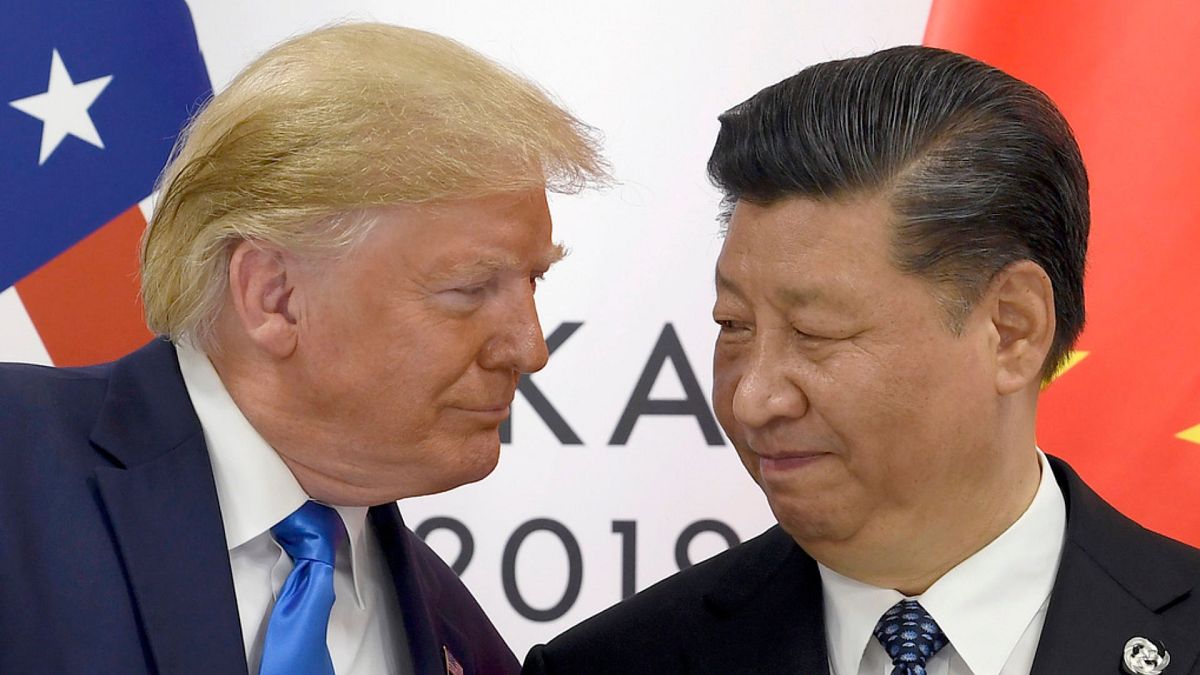
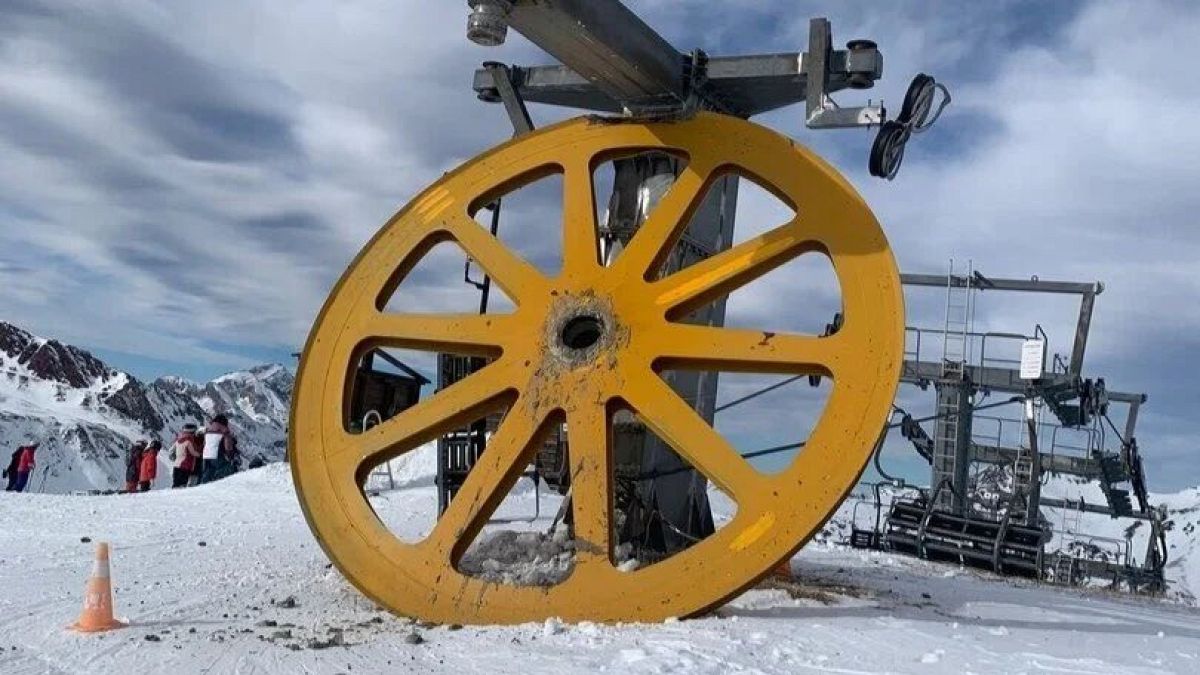

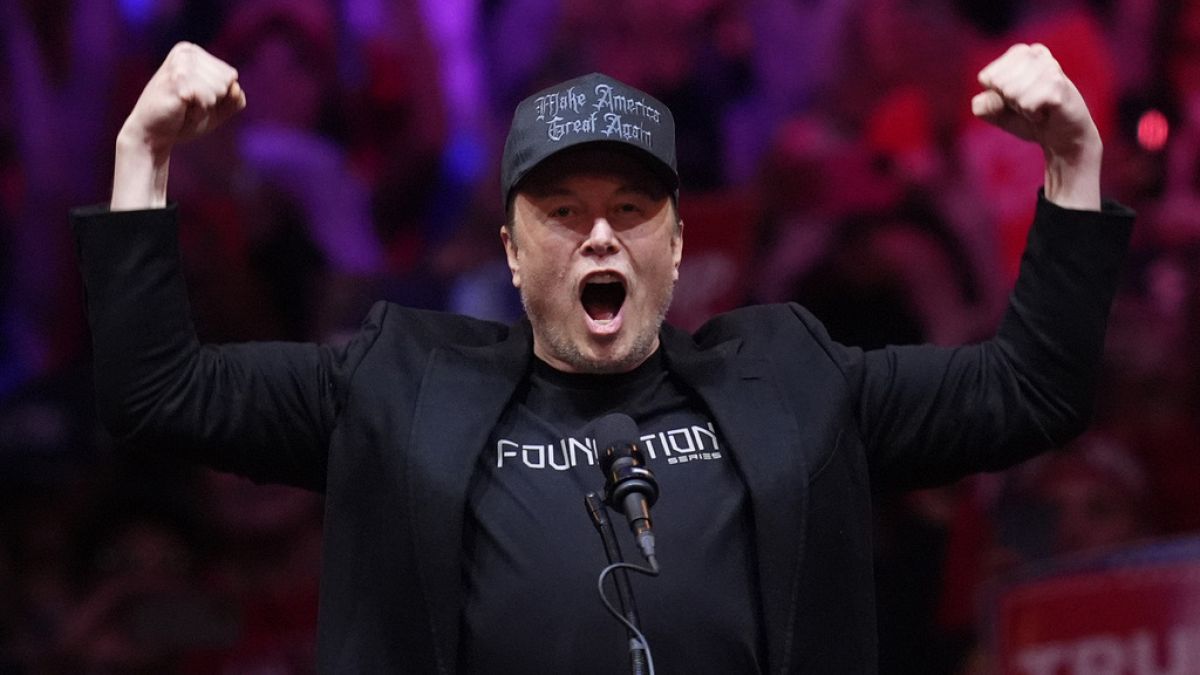






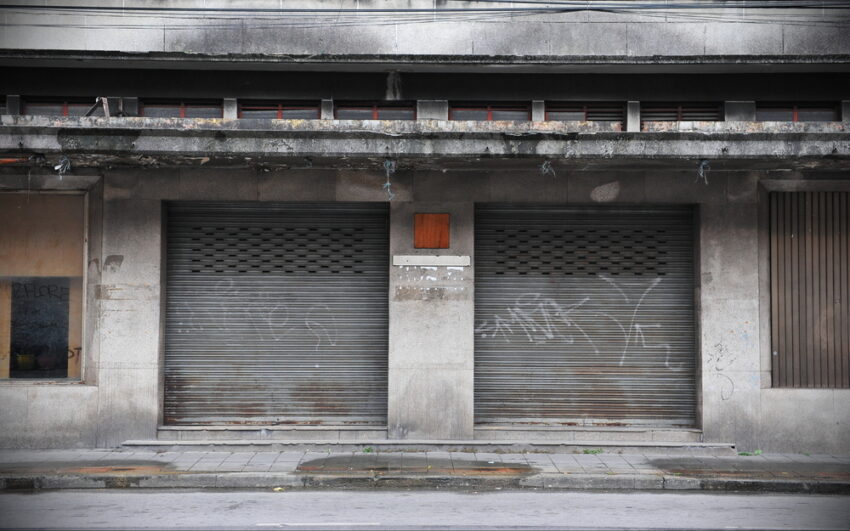















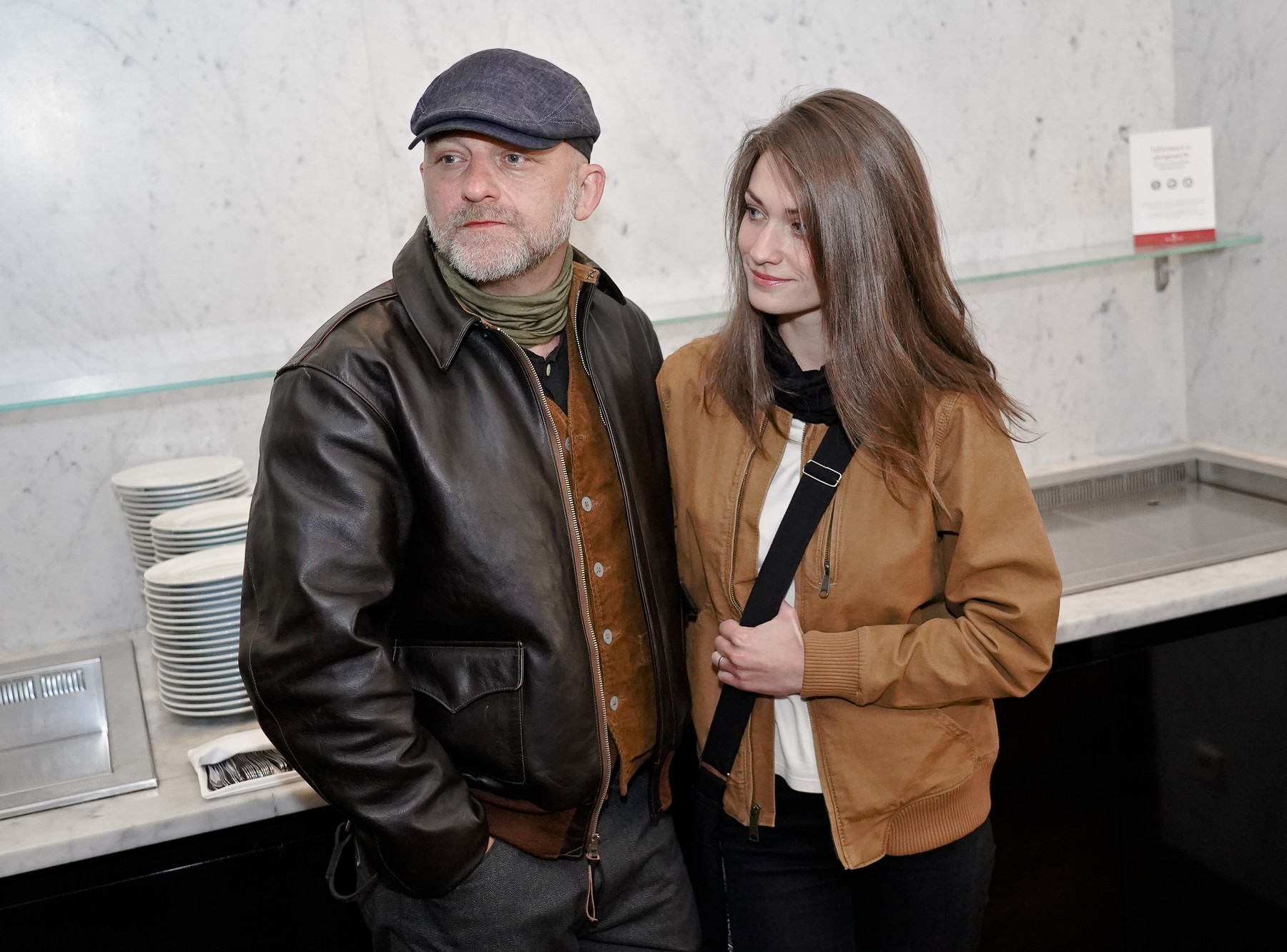
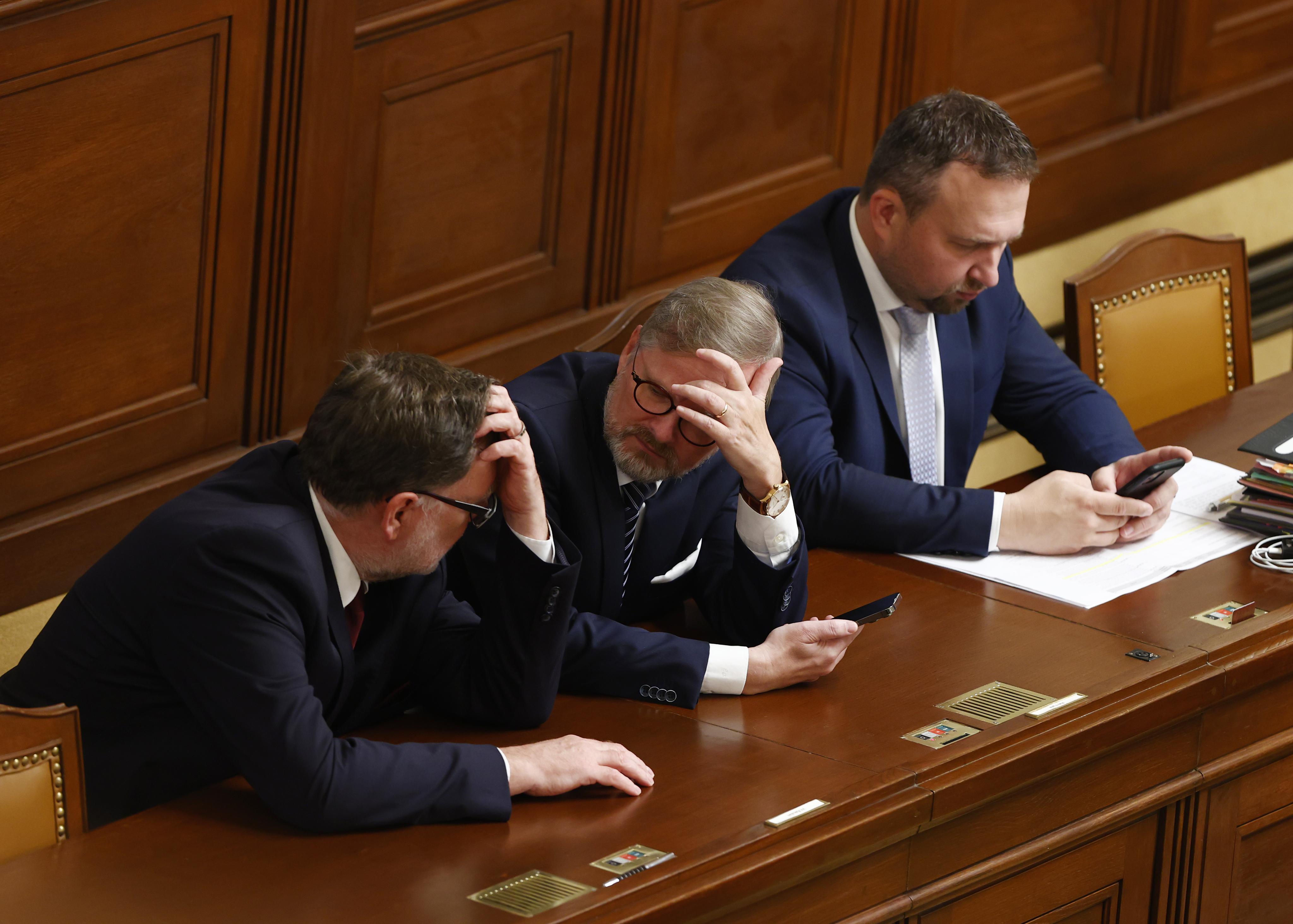


 Bretagne Nord Sotheby's International Realty - Château Costaérès (1).jpg?#)









